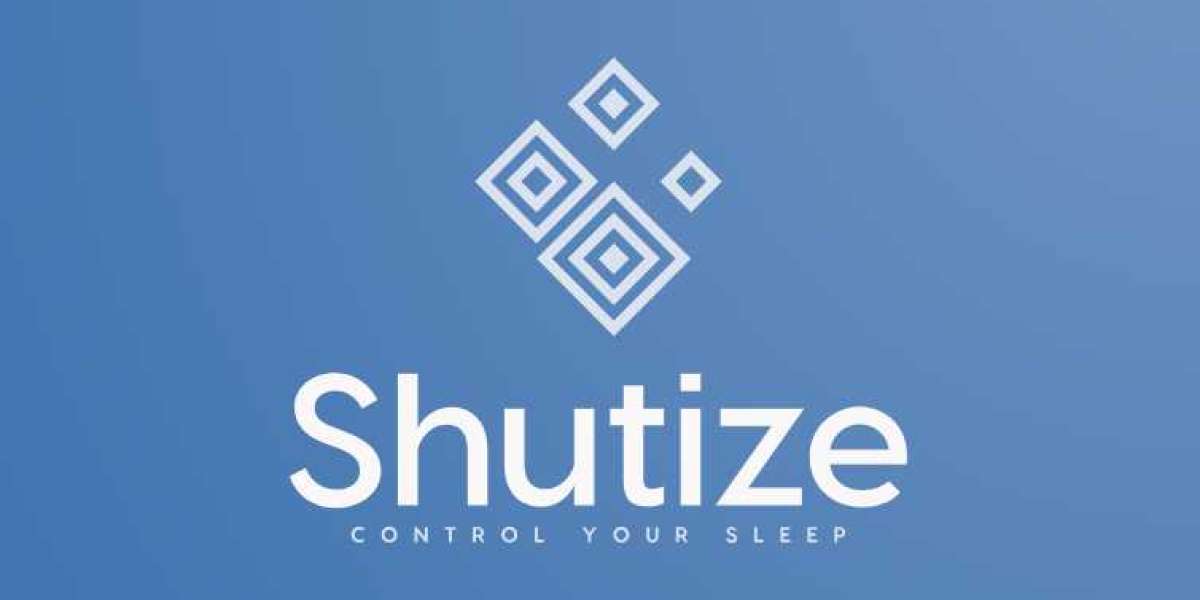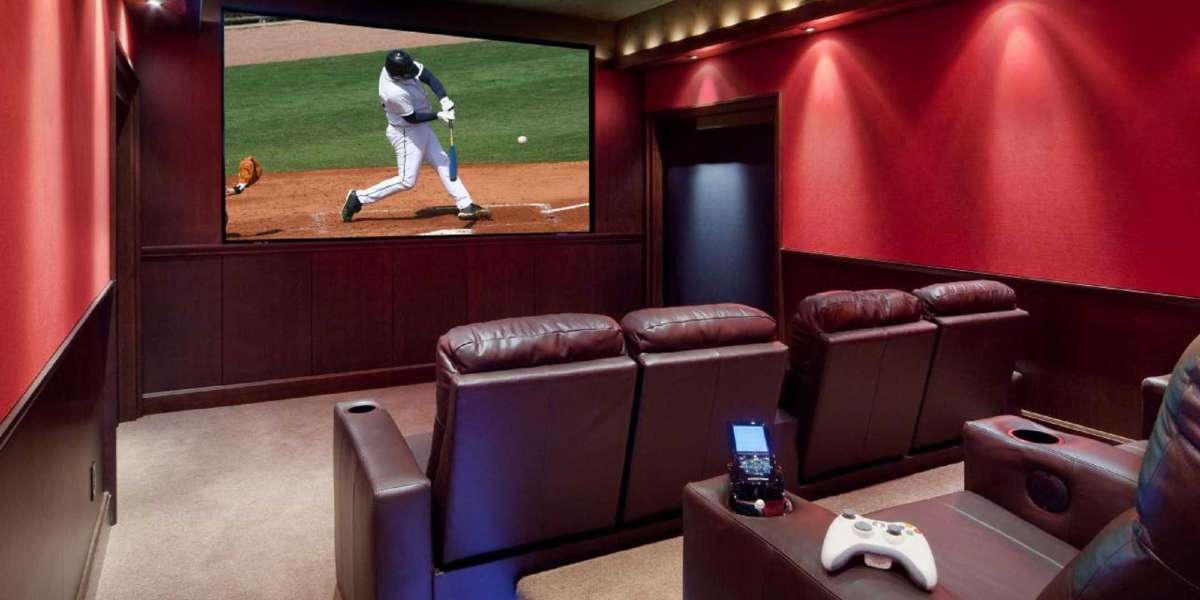Let’s be honest. You’re tired—really tired. Not just “need more coffee” tired, but foggy, irritable, and drained even after a full night in bed. Maybe you’ve written it off as stress, parenting, work, or just getting older.
But if this exhaustion doesn’t go away, your body might be trying to tell you something bigger: you could have sleep apnea. And the only way to know for sure is with a sleep apnea test.
The scariest thing about sleep apnea? Most people who have it don’t even know. They just keep powering through the fatigue, letting it quietly wreck their health and quality of life.
What Is Sleep Apnea and Why Should You Care?
Sleep apnea is a common but dangerous sleep disorder where your breathing repeatedly stops while you sleep. This can happen dozens or even hundreds of times per night.
Each time your airway closes, your brain wakes you up briefly to restart breathing. You may not remember it, but your body definitely feels it. The result? Broken, shallow sleep that leaves you exhausted and overworked at a cellular level.
And it doesn’t stop there. Sleep apnea can:
Increase your risk of heart attack and stroke
Raise your blood pressure
Lead to type 2 diabetes
Worsen depression and anxiety
Contribute to weight gain
Impair focus, memory, and reaction time
Untreated sleep apnea has even been linked to shortened lifespan. So no, it’s not “just snoring.” It’s a full-body health threat—and it's more common than people think.
The Problem: Most People Don’t Know They Have It
Here’s the catch: sleep apnea is easy to miss. People don’t usually wake up thinking, “I stopped breathing 60 times last night.”
Instead, they notice things like:
Chronic tiredness
Brain fog
Snoring (usually mentioned by a partner)
Mood swings
Difficulty waking up
Falling asleep during the day
These symptoms get brushed off as “normal” or blamed on stress. That’s a mistake.
If you’ve been dealing with these signs for weeks, months, or even years—it’s time to stop guessing. A sleep apnea test can give you real answers.
What Is a Sleep Apnea Test, Exactly?
A sleep apnea test monitors your body while you sleep to detect signs of disrupted breathing, oxygen drops, and poor sleep quality.
There are two types of tests:
1. In-Lab Sleep Study
This is the old-school method. You go to a sleep center, get wired up with sensors, and sleep under observation. It’s thorough, but expensive and uncomfortable. Many people avoid it altogether because it’s inconvenient and unnatural.
2. At-Home Sleep Apnea Test
This is the modern, hassle-free alternative—and what Shutize offers.
You receive a small, easy-to-use device in the mail. You wear it at home, in your own bed, for one night. It tracks:
Breathing interruptions (apneas and hypopneas)
Oxygen saturation
Heart rate
Sleep movement
Afterward, you send the device back. A licensed sleep doctor reviews your results and sends you a full diagnostic report—no clinic required.
Why the Shutize Sleep Apnea Test Is a No-Brainer
Let’s break it down:
| Old-School Sleep Study | Shutize At-Home Sleep Apnea Test |
|---|---|
| Requires referral | No referral needed |
| Overnight in a lab | Sleep in your own bed |
| Hooked to wires | Simple, wireless device |
| High cost | Affordable flat rate |
| Long waitlists | Delivered to your door fast |
With Shutize, you're skipping the red tape and getting straight to the truth. No stress, no hospitals, no awkward sleep lab experience.
How the Process Works
Taking a sleep apnea test with Shutize is as simple as ordering takeout:
Order online – Just go to Shutize.com and request your kit. No doctor’s visit required.
Receive your test – Your device arrives in a few days with easy step-by-step instructions.
Wear it for one night – Sleep as usual. The device does all the tracking for you.
Return it – Use the prepaid label to send the device back the next day.
Get your results – A certified sleep specialist analyzes your data and delivers your results digitally.
Plan your next step – If sleep apnea is diagnosed, Shutize connects you to treatment options and providers.
That’s it. You get answers in days, not months.
What Happens If You Do Have Sleep Apnea?
First: you’re not alone.
Millions of people have sleep apnea. It’s treatable, manageable, and—most importantly—fixable.
Depending on your results and needs, treatment could include:
CPAP therapy – A machine that delivers air pressure to keep your airway open
Oral appliances – Custom devices that align your jaw or tongue
Lifestyle changes – Weight loss, better sleep hygiene, positional therapy
Surgery – In rare cases, if other options aren’t effective
Most people feel dramatically better within weeks of starting treatment. That means better sleep, more energy, improved mental clarity, and better long-term health.
Still Not Convinced?
Ask yourself:
Are you always tired?
Has your partner complained about your snoring?
Do you rely on caffeine just to function?
Do you wake up feeling like you didn’t sleep at all?
Have you tried everything else, but still feel exhausted?
If any of that sounds familiar, there’s a good chance your sleep is being disrupted by something bigger than stress. And if you ignore it, it won’t go away—it’ll get worse.
But if you take a sleep apnea test, you can stop guessing and start doing something that actually works.
Final Thoughts: One Night Could Change Everything
You’ve put up with being tired long enough.
You don’t have to accept grogginess as your baseline. You don’t have to fake your way through exhaustion anymore. You can stop wondering why your body feels broken—and finally do something about it.
Take the step that could transform your sleep, energy, and future.
? Order your at-home sleep apnea test from Shutize today
It’s fast. It’s simple. It’s your move.








